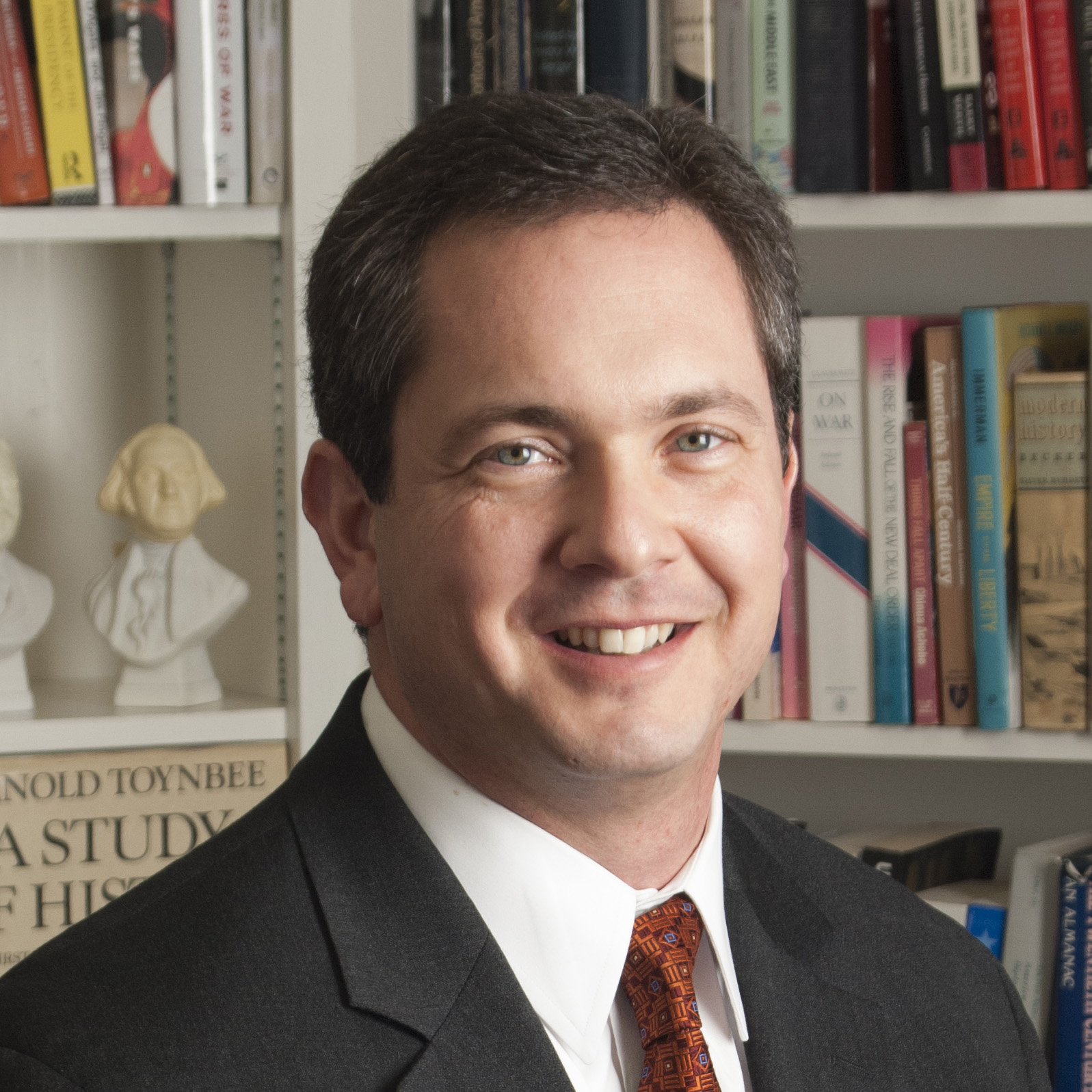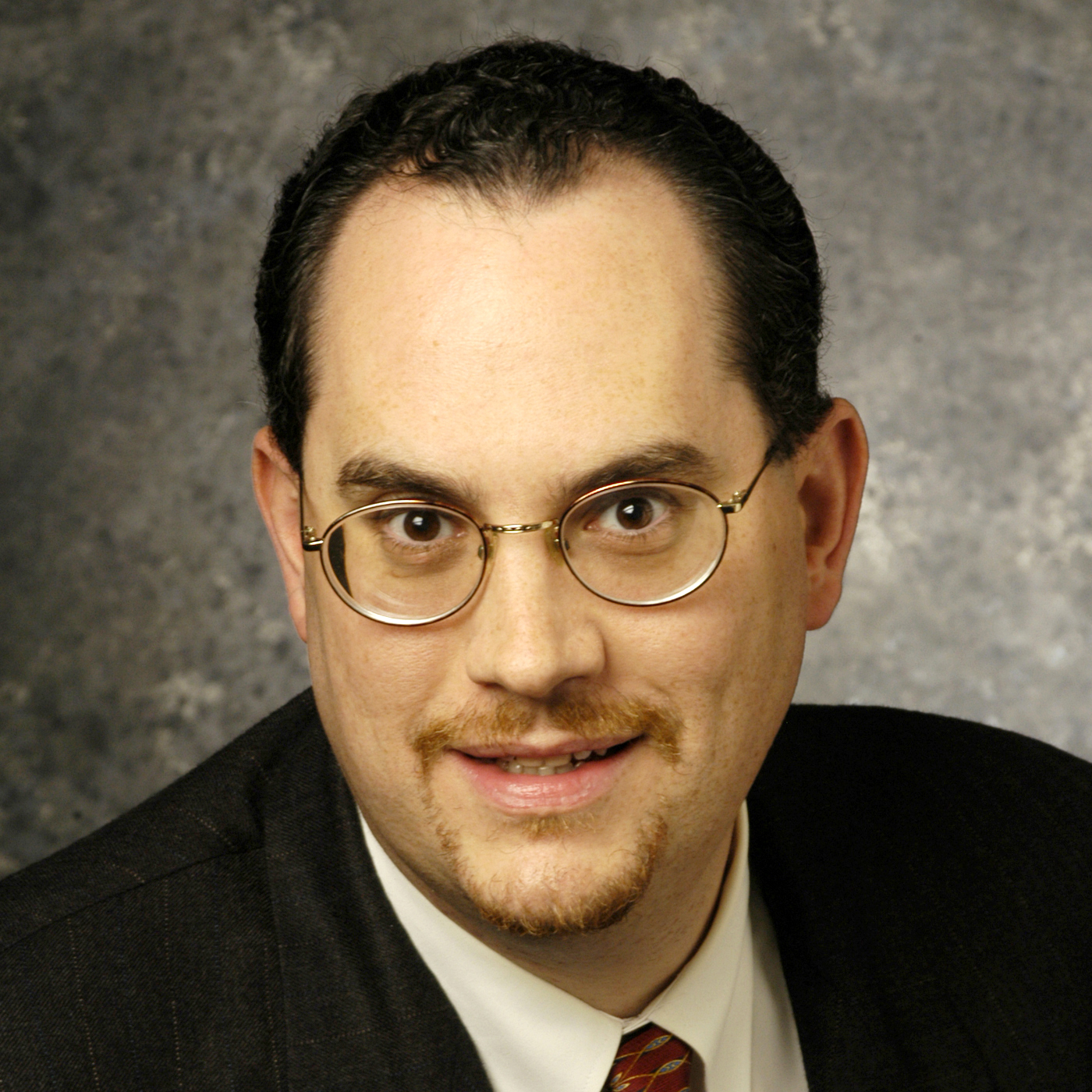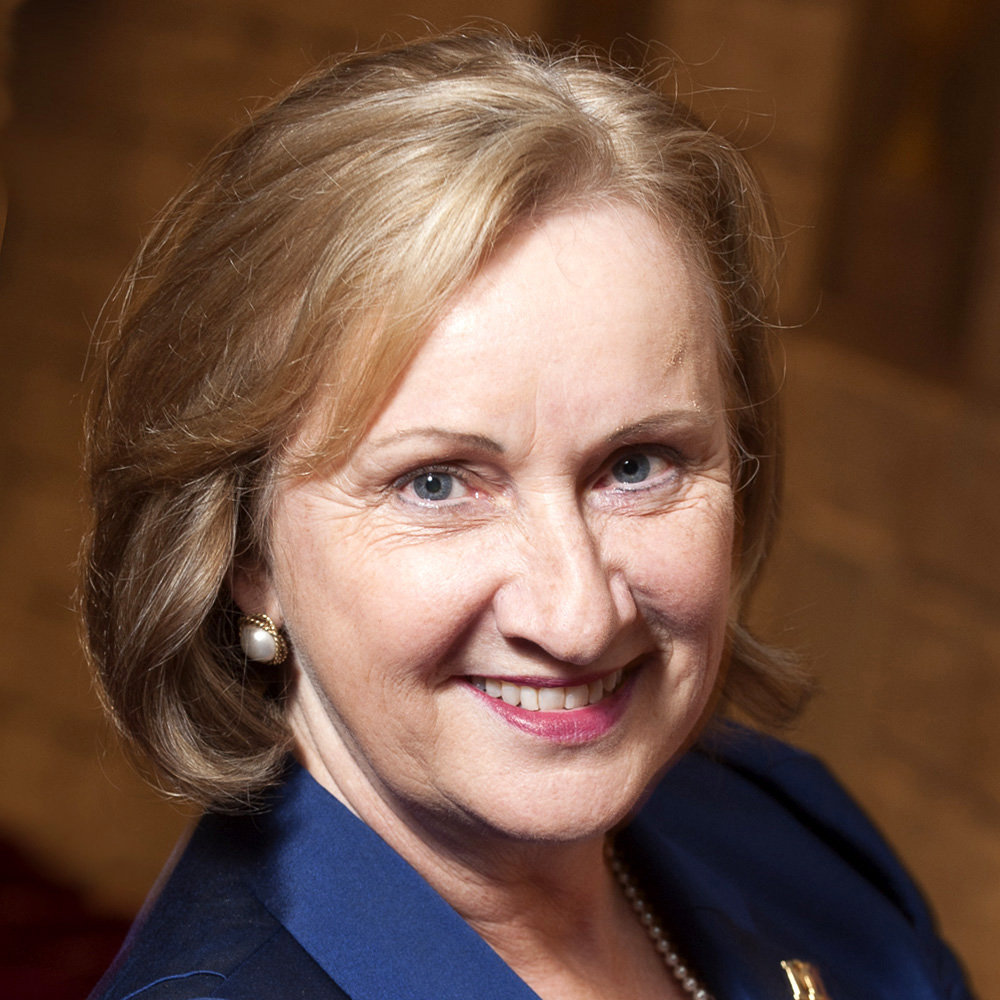Super Tuesday shatters all the old arguments
GOP hopefuls gear up for first debate after pivotal night.
DALLAS (SMU) – SMU experts are available for interview on all things debatable in connection with tonight’s prime time matchup between remaining GOP hopefuls.
| WILL HISTORY REPEAT? LAST CANDIDATE TO LOSE DELEGATE COUNT BUT WIN PARTY NOMINATION WAS IN 1952 |
|
|
Republican efforts to prevent Donald Trump from being named their party’s nominee become less likely to succeed with every state Trump chalks into the win column, says Engel. “Historically, not only does the candidate who wins Super Tuesday win the nomination, but we’ve never had a Republican win New Hampshire, South Carolina and Nevada and not win the nomination,” Engel says. “I don’t see a path forward for anyone but Trump to get a majority of delegates. However, I’d put good money on the odds of Trump getting to the convention with the most delegates and still not winning.” Engel knows he’s bucking history when he makes that prediction. Ronald Reagan almost pulled off the feat in 1976 when he attempted to unseat the sitting Republican president, Gerald Ford, but he ultimately came up short. The last candidate to walk into a convention without the most delegates and walk out the party’s nominee was Democrat Adlai Stevenson in 1952, who upset Estes Kefauver thanks to an insurgent, ‘Draft Adlai Stevenson,’ movement on the convention floor. Engel is director of the SMU Center for Presidential History who can discuss:
|
|
| CANDIDATES ADJUST DEBATE STRATEGIES IN WAKE OF SUPER TUESDAY |
|
|
After Super Tuesday, the old debate arguments just won’t work anymore. Out the door is Ted Cruz’s claim that he’s the only one who’s beaten Trump, Marco Rubio’s assertion that he’s a clear No. 2 rival to Trump, and Ben Carson’s campaign altogether. In their place, Voth expects the candidates to present the following arguments:
Voth is SMU’s director of debate and an associate professor of corporate communications and public affairs who can discuss:
|
|
| CRUZ’S POST-SOUTH DEBATE STRATEGY SHOULD BE SUPREME |
|
|
Cruz emerged from Super Tuesday as the clear nearest rival to Trump, but he also emerged as a candidate nearly out of gas. Eight of the twelve southern states that were supposed to propel Cruz to the nomination have voted, and only two swung his way. For Cruz to maintain steam going forward, Martin says he’d be wise to try to make this race a single-issue campaign about the Supreme Court. “He’ll keep hammering the court theme that he’s the only one Republicans can trust to nominate anyone to the Supreme Court,” Martin says. “He’ll also point to Alaska, an area nobody predicted he’d win, and say it shows he has an appeal beyond his hyper-evangelical base.” Cruz might be aided in his attempt to create and maintain momentum going forward by the Super Tuesday difficulties of his nearest rival for the ‘Anti-Trump’ label, Rubio. “It was pretty much a garbage heap on fire for Rubio on Tuesday night,” Martin says. “Rubio is in a tough spot at this point.” Martin is an SMU assistant professor of Communication Studies in the Meadows School of the Arts who can discuss:
|
|
| IT AIN’T OVER ’TIL IT’S OVER | |
|
Now that Trump has won 10 of the first 15 Republican primaries and caucuses, media members are increasingly painting him as a lock for the Republican nomination. Not so fast, my friends, says Wilson. “I don’t really understand this rush to crown someone from the media standpoint,” Wilson says. “Trump is clearly in the lead, but he’s gotten a third of the total votes cast so far. His lead is a plurality, not a majority. It’s still possible Trump can be denied by a united opposition.” A count of pledged delegates paints a much closer picture: 319 for Trump, 226 for Cruz, 110 for Rubio, 25 for Kasich and eight for Carson. “There’s almost a willful obtuseness by commentators who want to look at the simplest level where Trump has won X states and Cruz or Rubio have won Y states. That appears to put Trump in a commanding position, but that’s not how it works,” Wilson says. “You have to look at demographics: What groups are supporting whom and where?” Most commentators are now pointing to March 15, when Florida, Illinois, Missouri, North Carolina and Ohio cast their ballots, as the next big prize, but Wilson cautioned the eight states that vote before then should not be ignored. “What happens between now and March 15 will set the narrative going into the big states: Who looks viable and who looks desperate?” Wilson says. “But March 15 is the make or break day.” Wilson is an SMU associate professor of Political Science who can discuss:
|
|
| WITH OUR POWERS COMBINED … GOP FRETS FOR ANTI-TRUMP COALITION | |
|
The long expected Republican unification against Trump hasn’t happened yet and, with Super Tuesday in the rearview mirror, time is running out for Trump to be stopped. “Now the conversation has to get real,” Kirk says. “The other candidates have to find a way of addressing him. One way they’ll do that is on issues like the Klan and its support for him, but the problem is when you have too many people on the stage, that message gets diluted.” That means Trump’s top rivals, Rubio and Cruz, can be expected to make their pitch for why everyone not named Trump should exit the race and get behind them. “If the Republican field doesn’t winnow quickly, then Trump is the foregone conclusion,” Kirk says. “If you look at both Cruz and Rubio, they’re pretty tight in there. Combined, they have more pledged delegates than Trump. So the question is, is there a statesman out there? That may mean that for Trump to be beaten, one of them has to take a bow – but that’s not the way these candidates come to play. They play to win. Instead, they started the attacks on Trump, and Trump looks stronger because everyone is beating on him and he’s been able to stand there and takes it.” Kirk is SMU professor of communication studies and director of the Maguire Center for Ethics & Public Responsibility. She can discuss:
|
|
###
SMU is a nationally ranked private university in Dallas founded 100 years ago. Today, SMU enrolls approximately 11,000 students who benefit from the academic opportunities and international reach of seven degree-granting schools.
21678-nr-3/3/16-kr



 MATTHEW WILSON
MATTHEW WILSON RITA KIRK
RITA KIRK